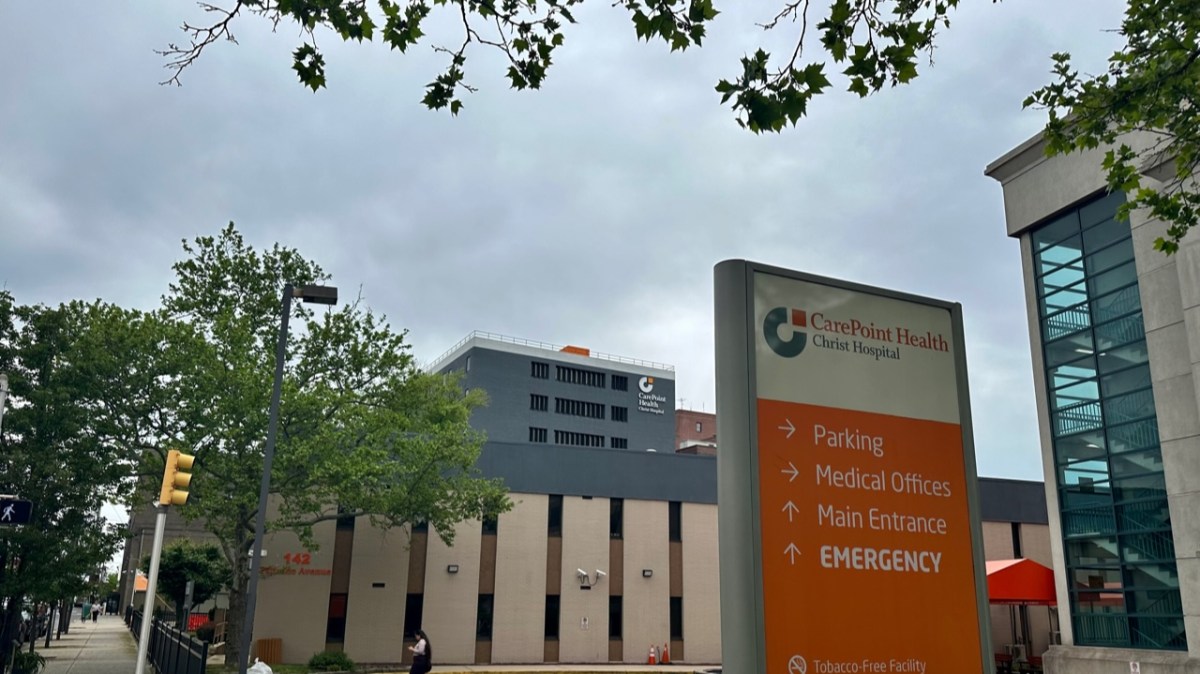
Artificial intelligence (AI) is increasingly playing a transformative role in humanitarian healthcare, helping organizations improve their effectiveness during crisis responses. By leveraging data-driven models and machine learning algorithms, AI is enhancing every stage of crisis intervention, from initial assessments to resource deployment and aid delivery.
One of the key benefits of AI in humanitarian settings is the ability to quickly analyze large sets of data, enabling faster decision-making. For example, AI can process satellite imagery, social media posts, and medical records to provide real-time insights on the location and needs of affected populations. This allows humanitarian organizations to prioritize interventions and direct resources where they are most urgently required.
In addition, predictive analytics powered by AI can foresee upcoming health emergencies by identifying patterns in disease outbreaks, weather events, and population movements. These capabilities greatly enhance preparedness and allow for proactive deployment of aid and medical services.
AI is also streamlining logistical operations, such as managing supply chains, optimizing routes for transportation of goods and medical supplies, and reducing waste. In resource-scarce environments, this efficiency can mean the difference between life and death.
Moreover, AI-powered tools like chatbots and virtual health assistants can support affected individuals by delivering basic health information in multiple languages, especially in regions where healthcare professionals are limited.
While the integration of AI in humanitarian healthcare presents immense potential, experts caution that ethical considerations such as data privacy, algorithmic bias, and equitable access to technology must be addressed. Transparent governance frameworks and inclusive design processes are essential to ensure that AI serves all communities fairly.
As crisis events become more frequent due to climate change, geopolitical conflict, and pandemics, the role of AI in humanitarian response is poised to grow. By enhancing the speed, accuracy, and reach of aid efforts, AI stands to make humanitarian healthcare more responsive, adaptive, and ultimately, more effective.
Source: https:// – Courtesy of the original publisher.








